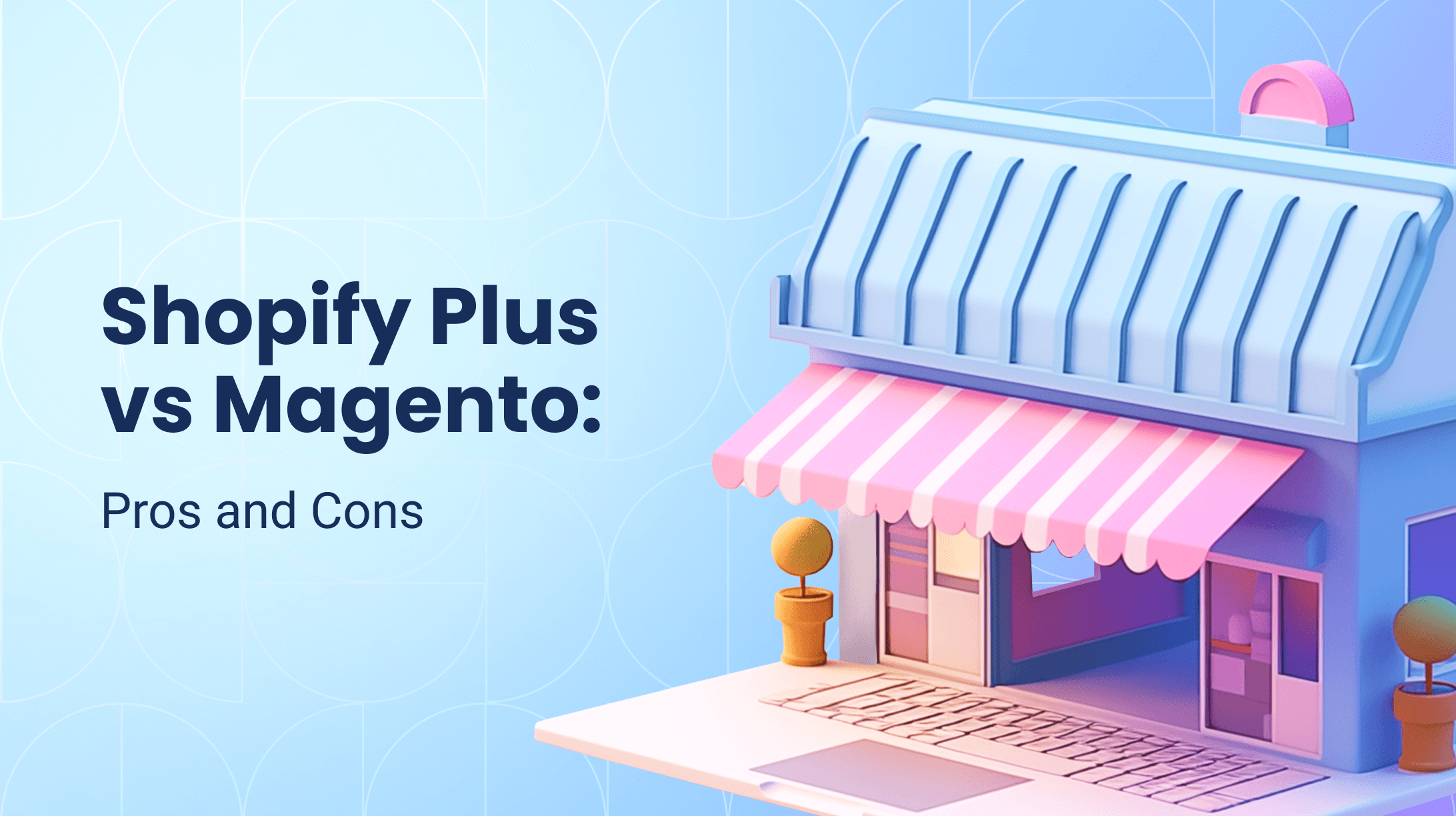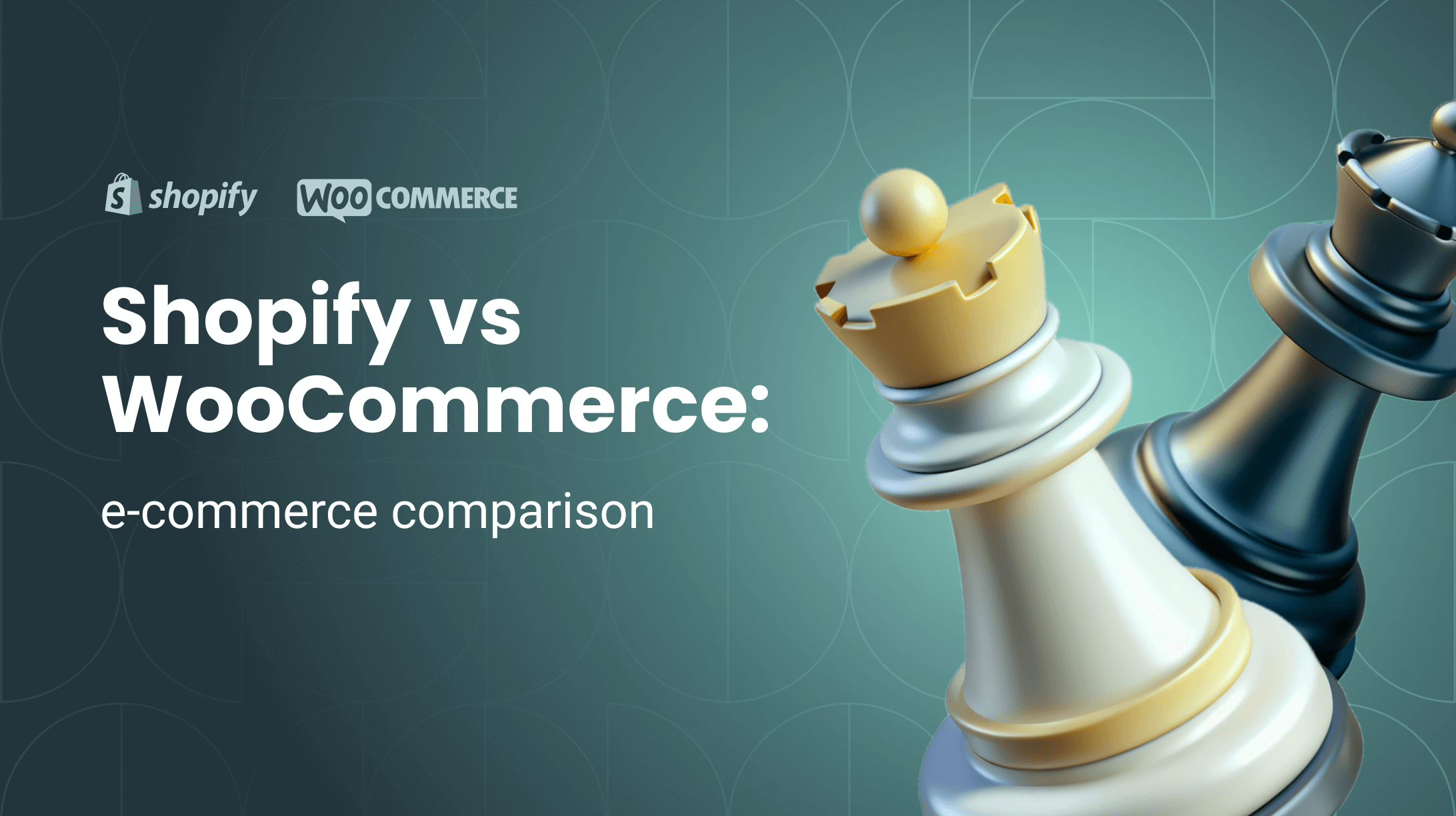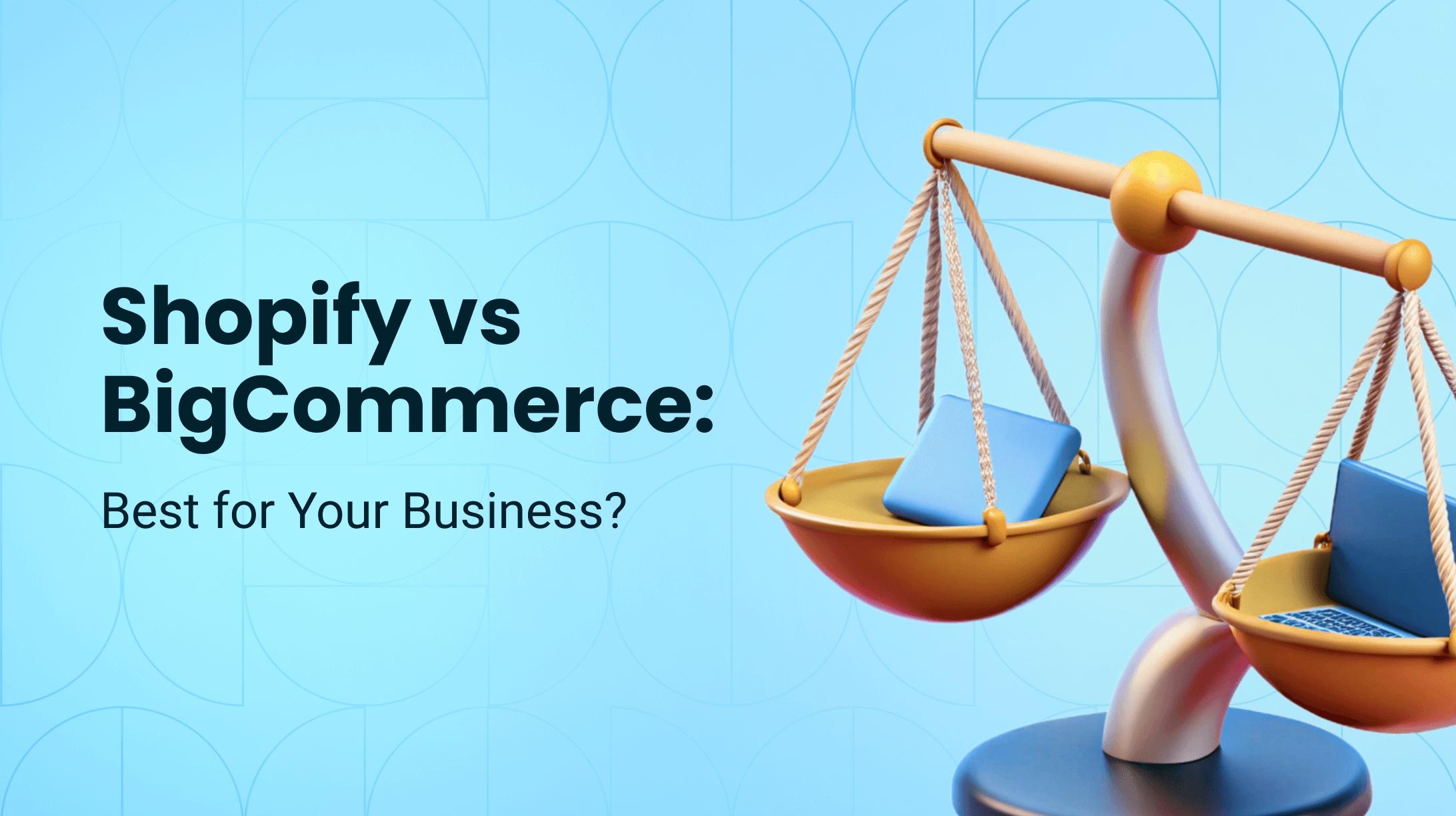0%

Shopify powers over 5.6 million stores globally, solidifying its reputation as a user-friendly, feature-rich e-commerce platform. However, despite its widespread use, some businesses search for alternatives due to concerns such as pricing, customization limitations, or the need for specific features not offered by Shopify.
To address these issues, this guide explores the top 10 Shopify competitors, and provides insights and options to help you select the best solution tailored to your business needs.
Why Would You Look for Shopify Alternatives?
When exploring e-commerce options, you need to understand why some businesses seek alternatives to Shopify:
- Pricing: Monthly fees and reliance on third-party apps for advanced features can be costly, especially for growing businesses.
- Customization Limitations: Some businesses require more control over their store's design and functionality, which Shopify may not fully offer.
- Feature Requirements: Shopify may not meet all the specific needs of your business, such as advanced reporting, multi-currency, or complex inventory management.
- Scalability: While Shopify is great for small businesses, larger businesses may require a more scalable and customizable platform.
App Dependence: Extensive app marketplace is great for adding features, but too many apps can lead to increased costs and potential performance issues.
1. Magento (Adobe Commerce)
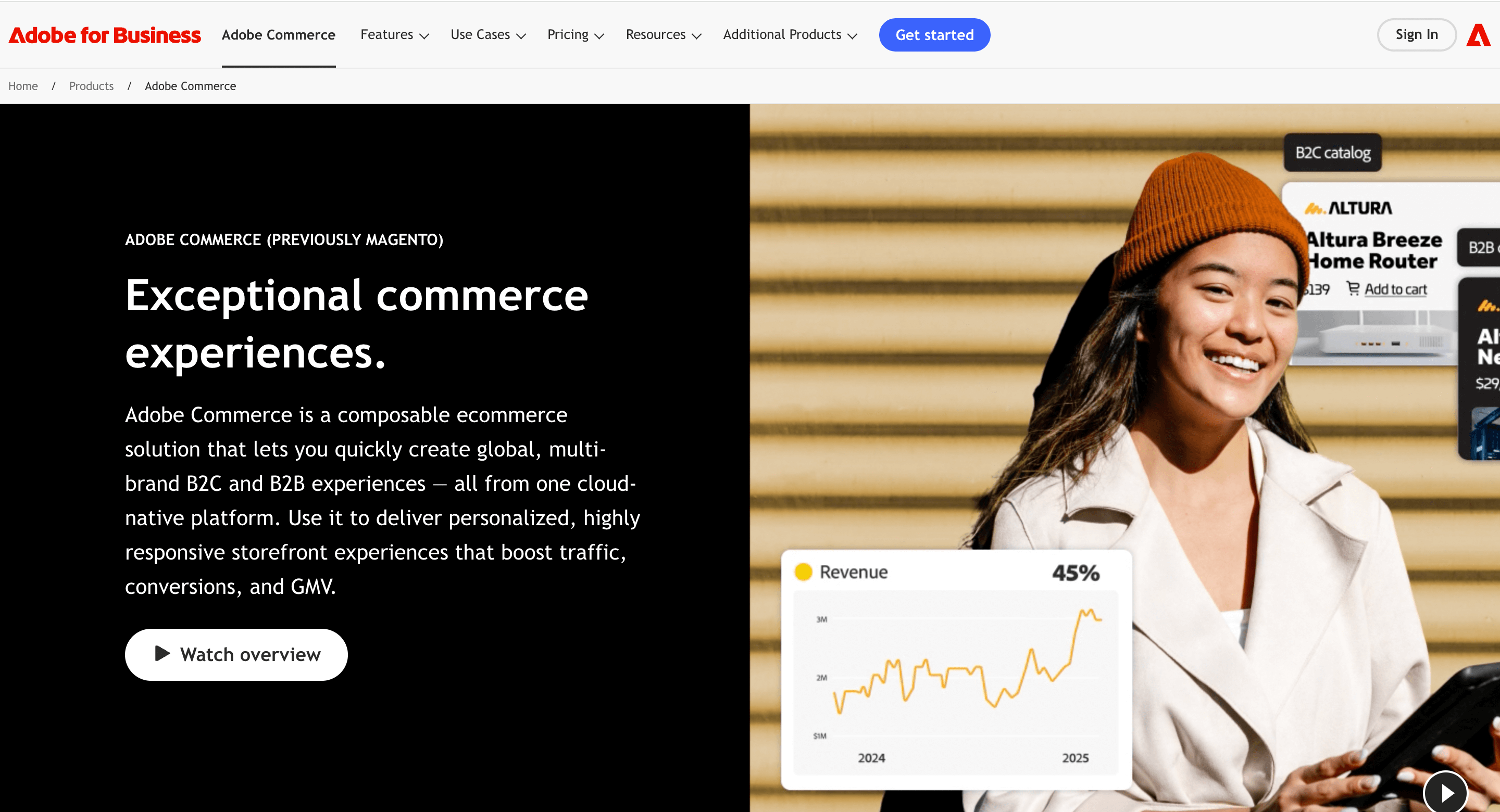
Magento, now known as Adobe Commerce, is a powerful e-commerce platform designed for enterprise-level businesses. Its open-source nature and high customizability make it ideal for large companies with specific requirements. As a leading competitor to Shopify Plus, it stands out for its flexibility and scalability. While not beginner-friendly, it becomes a robust, high-performing engine when managed by an experienced development team or agency.
Key Features:
- Highly customizable with open-source flexibility.
- Scalable for large product catalogs.
- Advanced SEO and marketing tools.
Pricing:
- Magento Open Source: Free (self-hosted).
- Adobe Commerce (cloud-hosted): Typically start around $22,000 per year, varying based on gross merchandise volume (GMV) and average order value (AOV).
Best For: Enterprises that need a tailored, scalable solution with complete backend control.
For a detailed comparison, check out our Shopify vs Magento guide.
2. BigCommerce

BigCommerce stands out for offering many built-in features, especially for businesses looking for scalability without relying on third-party apps. It's particularly strong in multi-channel selling, allowing brands to expand across platforms like Amazon, eBay, and Facebook. Compared to Shopify, BigCommerce offers more out-of-the-box functionality, making it an excellent choice for fast-growing businesses.
Key Features:
- No additional transaction fees.
- Built-in SEO tools.
- Multi-channel selling (Amazon, eBay, Facebook).
Pricing:
- Standard: $29/month.
- Plus: $79/month.
- Pro: $299/month.
- Enterprise: Custom pricing, typically starts at $1,000 to $1,500 per month and vary based on business needs and scale.
Best For: Fast-growing businesses needing built-in features, multichannel sales, and scalability.
3. Salesforce Commerce Cloud
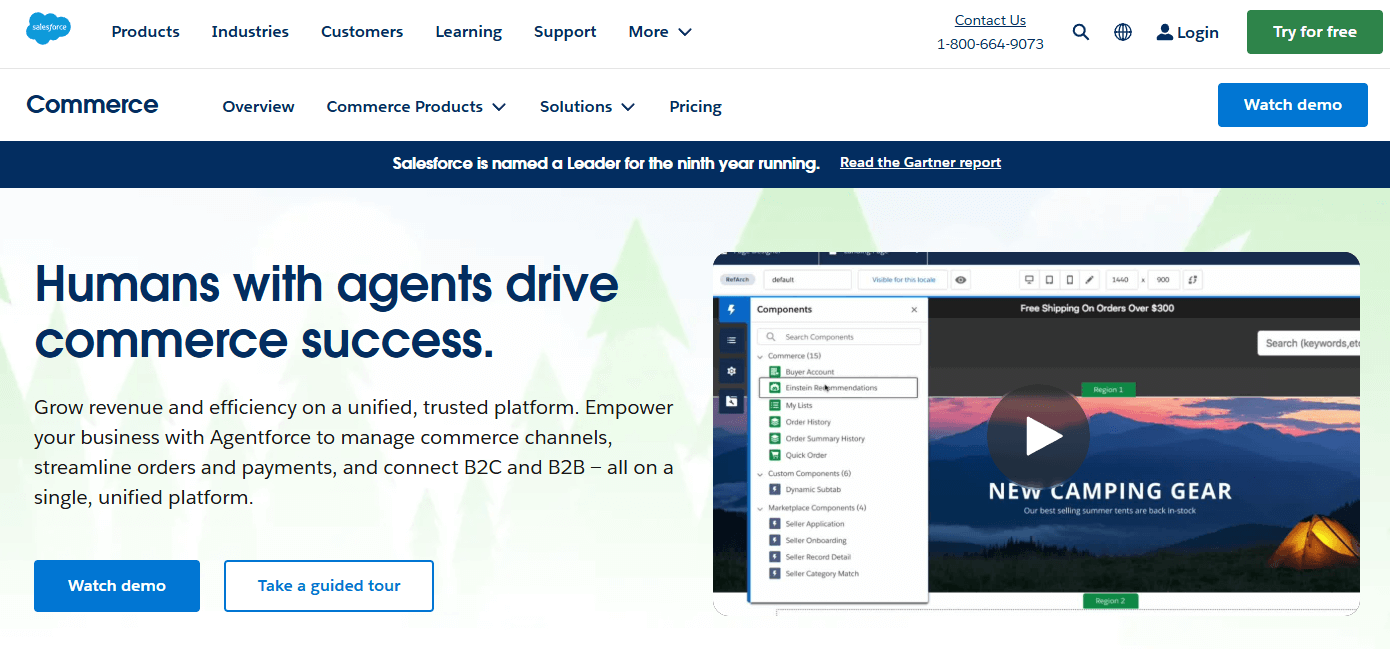
Salesforce Commerce Cloud is a premium SaaS solution designed for large enterprises. With its deep integration into Salesforce CRM, this platform excels in providing AI-powered personalization and advanced marketing analytics, making it a strong Shopify Plus competitor.
Key Features:
- AI-powered personalization.
- Deep CRM integration.
- Scalable cloud infrastructure.
Pricing:
- Starter Suite: $25/month.
- Pro Suite: $100/month.
- Commerce Cloud: Custom pricing, often starting around 1-2% of gross merchandise volume (GMV).
Best For: Large enterprises that prioritize advanced customer data and marketing automation.
4. WooCommerce

WooCommerce is a WordPress plugin that transforms a website into a full-featured online store. As an open-source solution, it offers flexibility and cost-efficiency, making it ideal for users familiar with WordPress. Versus Shopify, WooCommerce is a popular choice for small to mid-sized businesses seeking more control, affordability, and room to scale.
Key Features:
- Customizable with themes and plugins.
- Active global community.
- Free core plugin.
Pricing:
- Core plugin: Free.
- Typical annual cost with hosting, premium extensions, and theme: $100–$500+.
Best For: WordPress users seeking an affordable and customizable e-commerce solution.
5. Wix

Wix is a popular website builder with built-in e-commerce features, making it perfect for beginners looking to quickly launch an online store without needing coding knowledge. Its drag-and-drop functionality makes it user-friendly, but it may not scale as well as other platforms.
Key Features:
- Intuitive design tools.
- Built-in payment solutions.
- Hundreds of templates.
Pricing:
- Core: $29/month.
- Business: $36/month.
- Elite: $159/month.
Best For: Beginner merchants looking for a simple, code-free e-commerce builder.
6. Squarespace

Squarespace is known for its beautifully designed templates, making it a go-to platform for businesses focused on aesthetics. It is particularly popular among creators, artists, and boutique retailers who want to tell their brand story through elegant design.
Key Features:
- Award-winning templates.
- Integrated blogging and marketing.
- All-in-one platform.
Pricing:
- Business: $23/month (3% transaction fee).
- Basic Commerce: $28/month.
- Advanced Commerce: $52/month.
Best For: Creatives and small businesses who prioritize design and simplicity.
7. Hostinger Website Builder
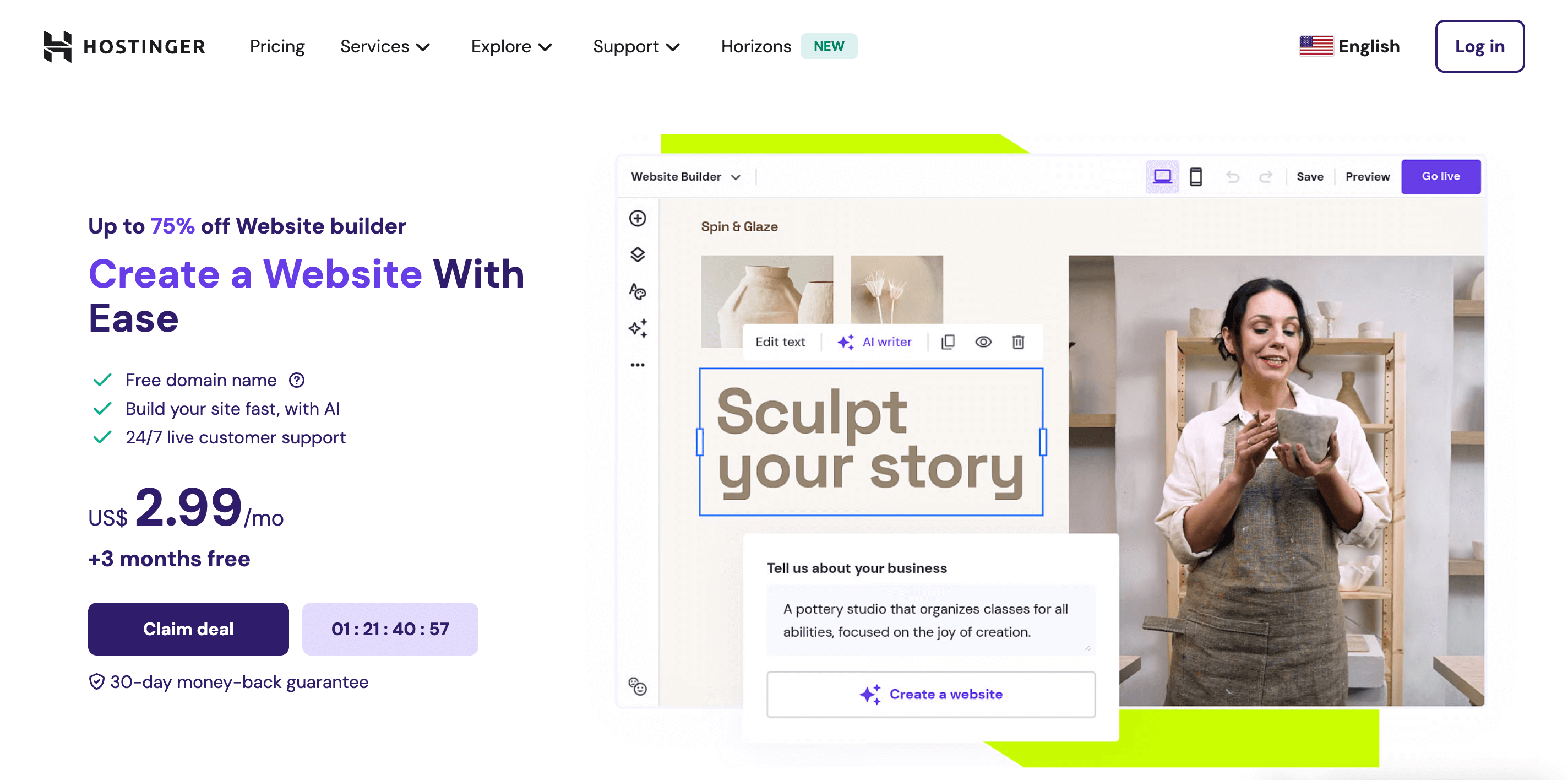
Hostinger’s e-commerce platform is gaining traction for its affordability and ease of use. Featuring an AI website builder and bundled hosting, it’s a practical choice for startups seeking a low-cost, efficient way to launch an online store.
Key Features:
- Budget-friendly pricing.
- AI-powered website building.
- Secure hosting and fast loading speeds.
Pricing:
- Website Builder & e-commerce: $3.99/month (with annual plan).
Best For: Startups and individuals looking for low-cost, all-in-one solutions.
8. GoDaddy Website Builder
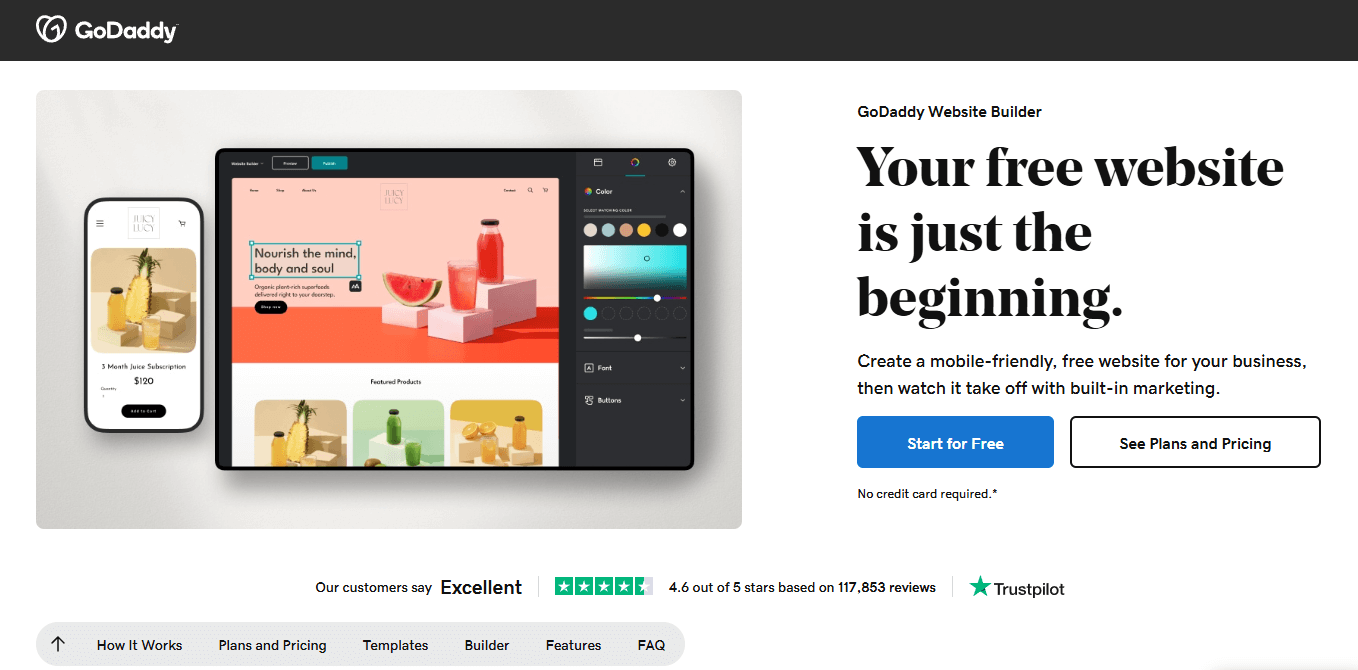
GoDaddy’s Website Builder is a quick, straightforward option for small businesses that want to get online with minimal setup. With built-in e-commerce features and integration with GoDaddy’s domain services, it’s ideal for businesses looking for speed and simplicity.
Key Features:
- Simple setup.
- Integration with GoDaddy domains and hosting.
- SEO and email marketing tools.
Pricing:
- E-commerce Plan: $14.99/month.
Best For: Small business owners who want a quick and simple setup with basic features.
9. PrestaShop

PrestaShop is a widely used open-source platform, especially popular in Europe. It offers strong flexibility for both developers and merchants, making it a solid choice for international sellers who need multilingual and multicurrency support.
Key Features:
- Multilingual and multicurrency support.
- Extensive module marketplace.
- Strong community support.
Pricing:
- Free core software.
- Hosting, themes, and modules may range from $10 to $500/year.
Best For: Global sellers needing multilingual support and deep customization.
10. OpenCart

OpenCart is another open-source platform with a lightweight architecture. It’s popular among developers and businesses wanting full control without the cost of enterprise software. As one of Shopify biggest competitors in the open-source arena, it offers flexibility with minimal licensing fees.
Key Features:
- Free to use.
- Multi-store capabilities.
- Wide range of extensions.
Pricing:
- Core platform: Free.
- Hosting and extension costs: $50–$300/year typical.
Best For: Developers and entrepreneurs wanting full control with minimal costs.
Summary: Who Are Shopify Competitors?
| Platform | Type | Best For | Strengths | Limitations |
| Shopify | SaaS | All business sizes | Easy to use, rich app ecosystem, fast setup | Monthly fees, reliance on apps for advanced features |
| Adobe Commerce | Open-source | Enterprise-level businesses | Highly customizable, scalable, powerful features | Complex setup, requires developers |
| BigCommerce | SaaS | Mid to large businesses | Built-in features, multichannel support | Less beginner-friendly |
| Salesforce Commerce Cloud | SaaS | Large enterprises using Salesforce | AI personalization, deep CRM integration | High cost, complexity |
| WooCommerce | Open-source | WordPress users, SMBs | Flexible, low cost, large plugin ecosystem | Requires WordPress knowledge, can need tech help |
| Wix | SaaS | Beginners, small stores | Drag-and-drop builder, fast setup | Limited scalability |
| Squarespace | SaaS | Creatives, service-based businesses | Elegant design, all-in-one solution | Limited backend customization |
| Hostinger | SaaS | Startups, budget-conscious users | Low cost, bundled hosting, AI builder | Less advanced features |
| PrestaShop | Open-source | International sellers | Multilingual, multicurrency, flexible | Requires tech skills, fewer extensions |
Final Thoughts: Choosing the Right Shopify Alternative
No single e-commerce platform is perfect for everyone. While Shopify is a popular choice, today’s market offers a wide range of powerful alternatives—so you don’t have to settle. Depending on your technical skills, business model, and growth goals, there may be a better fit for your needs. Explore various platforms to meet your specific needs.
If you're uncertain which one is best for your business, contact our Shopify experts. We’ll help you explore your options and find the perfect solution tailored to your needs. Get in touch today to get started!
FAQ
Who are Shopify's biggest competitors?
BigCommerce Enterprise, Magento (Adobe Commerce), and Salesforce Commerce Cloud are among the top Shopify Plus alternatives offering enterprise-level features.
Is there a website like Shopify but free?
Yes, platforms like WooCommerce, PrestaShop and OpenCart can be used for free.
What’s the most flexible Shopify alternative?
Magento (Adobe Commerce) and WooCommerce offer the most customization, ideal for developers or businesses with unique needs.
Is BigCommerce better than Shopify?
BigCommerce offers more built-in features and better scalability, especially for multi-channel sales, while Shopify excels in ease of use and a broader app ecosystem. The choice depends on your need for customization versus simplicity.
Why is Magento better than Shopify?
Magento offers more customization and scalability, making it ideal for large businesses with complex needs. Unlike Shopify, it’s open-source, giving you full control, but it requires technical expertise to manage.
A seasoned product manager specializing in e-commerce, Helen excels in market analysis and strategic marketing for Magento platforms.
A seasoned product manager specializing in e-commerce, Helen excels in market analysis and strategic marketing for Magento platforms.

